Home Windshield Repair Products Windshield Repair Resin ProBond AF Resin
$34.50 – $478.00
In Stock
ProBond AF windshield repair resin is an ultra-low viscosity 11cps acid free injection resin preferred by technicians with extra sensitive skin. Comparable to ProBond 5010, ProBond AF flows easily in even the coldest weather and out performs all other low viscosity acid free resins. Available in 15 ml, 250 ml and Liter bottles.
ProBond Acid-Free Resin
*Windshield repair resins reported as “acid free” may contain trace amounts of acid in quantities below federal reporting requirements
Available in a variety of packaging options:
Characteristics shared by all Delta Kits injection resins include:
From the Archives
Windshield repair resins come in a variety of colors, viscosities and qualities but most have one thing in common; they contain acrylic acid. Acrylic acid can cause a sensitivity to windshield repair resins. Acrylic acid etches the glass to provide maximum adhesion. Because the number one goal of windshield repair is to restore the structural integrity of the glass, the resin’s ability to bond with the glass is crucial.
So, while acrylic acid is a key ingredient in most top of the line windshield repair resins, like all acids it is important to follow proper safe handling procedures. Then if you get resin on your equipment or a customer’s windshield wipers, upholstery or paint job, it may cause damage. Acid-based resins may also cause skin irritation if handled irresponsibly. In fact, in rare cases individuals may develop a hyper-sensitivity to acrylic acid after repeated exposure to the chemical. Of course, if left untreated hyper-sensitivity can lead to a burning sensation or open sores.
With this in mind, there are several ways you can protect yourself from the effects of acrylic acid in resin. First, you should always wear nitrile gloves when doing a repair or cleaning up afterwards. Nitrile gloves can block the corrosive effects of acid, unlike latex gloves which cannot. A barrier cream such as Derma-Shield can also be used to increase the…. Continue Reading
Only logged in customers who have purchased this product may leave a review.
This windshield repair training is a hands-on, intensive, one day course designed to take your repair quality to the next level. Whether you are just starting out or are a seasoned pro, this class is right for you!
Our team of experienced technicians are dedicated to offering the highest standard of training in the windshield repair industry. During the Delta Kits Training and Certification course, technicians are trained to follow ROLAGS (Repair of Laminated Auto Glass Standards), the industries best practices. Delta Kits Training and Certification covers all technical aspects of windshield repair and will take you from never having completed a repair, to being among the best technicians in the industry. The marketing and insurance billing discussion is designed to help you become more successful in your windshield repair business.

Brent Deines was originally trained by a Novus Methodman in 1987 and is NWRA certified. He has extensive experience repairing windshields and restoring headlights in a variety of climates and conditions. Deines has owned several auto glass repair and replacement businesses in Montana and Oregon and is currently the President and CEO of Delta Kits where he helped develop the company’s headlight restoration program and started the company’s windshield repair training and certification program in 1995.

Korey Gobin, Delta Kits sales manager, is NWRA certified and has been training individuals as well as large groups in the art of professional windshield repair and headlight restoration since 2008. Gobin is actively involved in the Repair of Laminated Automotive Glass Standard and in 2011 was awarded the Mobile Tech Windshield Repair Person of the Year. Korey serves on the ROLAGS committee and has traveled extensively throughout the USA, Canada, and Mexico to promote high-quality standards for windshield repair and headlight restoration. He is affectionately known by his customers as the “Go to Guy” for windshield repair.

Graham Watson, is one of the original Novus Technicians in the UK since 1988 and since then has been running a very successful windscreen repair service in the UK. In 2008 Graham was named Windshield Repair Person of the year at the Mobile Tech Expo, an award he is very proud of as it is voted for by his peers in the trade. For the past 10 years, Watson has been active training technicians for the repair industry and specializes in advanced training for techs with previous experience, during this time he has been lucky enough to work with people from many different countries. His passion for helping others carry out the best quality repairs possible shows in the time he spends offering advice on different trade forums as Screenman.
ProBond Acid-Free Resin
*Windshield repair resins reported as “acid free” may contain trace amounts of acid in quantities below federal reporting requirements
Available in a variety of packaging options:
Characteristics shared by all Delta Kits injection resins include:
From the Archives
Windshield repair resins come in a variety of colors, viscosities and qualities but most have one thing in common; they contain acrylic acid. Acrylic acid can cause a sensitivity to windshield repair resins. Acrylic acid etches the glass to provide maximum adhesion. Because the number one goal of windshield repair is to restore the structural integrity of the glass, the resin’s ability to bond with the glass is crucial.
So, while acrylic acid is a key ingredient in most top of the line windshield repair resins, like all acids it is important to follow proper safe handling procedures. Then if you get resin on your equipment or a customer’s windshield wipers, upholstery or paint job, it may cause damage. Acid-based resins may also cause skin irritation if handled irresponsibly. In fact, in rare cases individuals may develop a hyper-sensitivity to acrylic acid after repeated exposure to the chemical. Of course, if left untreated hyper-sensitivity can lead to a burning sensation or open sores.
With this in mind, there are several ways you can protect yourself from the effects of acrylic acid in resin. First, you should always wear nitrile gloves when doing a repair or cleaning up afterwards. Nitrile gloves can block the corrosive effects of acid, unlike latex gloves which cannot. A barrier cream such as Derma-Shield can also be used to increase the…. Continue Reading
There are no reviews yet.
Only logged in customers who have purchased this product may leave a review.
This windshield repair training is a hands-on, intensive, one day course designed to take your repair quality to the next level. Whether you are just starting out or are a seasoned pro, this class is right for you!
Our team of experienced technicians are dedicated to offering the highest standard of training in the windshield repair industry. During the Delta Kits Training and Certification course, technicians are trained to follow ROLAGS (Repair of Laminated Auto Glass Standards), the industries best practices. Delta Kits Training and Certification covers all technical aspects of windshield repair and will take you from never having completed a repair, to being among the best technicians in the industry. The marketing and insurance billing discussion is designed to help you become more successful in your windshield repair business.

Brent Deines was originally trained by a Novus Methodman in 1987 and is NWRA certified. He has extensive experience repairing windshields and restoring headlights in a variety of climates and conditions. Deines has owned several auto glass repair and replacement businesses in Montana and Oregon and is currently the President and CEO of Delta Kits where he helped develop the company’s headlight restoration program and started the company’s windshield repair training and certification program in 1995.

Korey Gobin, Delta Kits sales manager, is NWRA certified and has been training individuals as well as large groups in the art of professional windshield repair and headlight restoration since 2008. Gobin is actively involved in the Repair of Laminated Automotive Glass Standard and in 2011 was awarded the Mobile Tech Windshield Repair Person of the Year. Korey serves on the ROLAGS committee and has traveled extensively throughout the USA, Canada, and Mexico to promote high-quality standards for windshield repair and headlight restoration. He is affectionately known by his customers as the “Go to Guy” for windshield repair.

Graham Watson, is one of the original Novus Technicians in the UK since 1988 and since then has been running a very successful windscreen repair service in the UK. In 2008 Graham was named Windshield Repair Person of the year at the Mobile Tech Expo, an award he is very proud of as it is voted for by his peers in the trade. For the past 10 years, Watson has been active training technicians for the repair industry and specializes in advanced training for techs with previous experience, during this time he has been lucky enough to work with people from many different countries. His passion for helping others carry out the best quality repairs possible shows in the time he spends offering advice on different trade forums as Screenman.
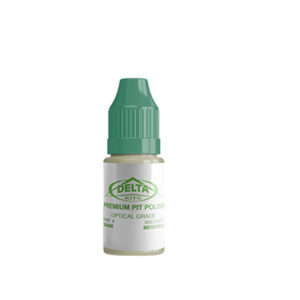
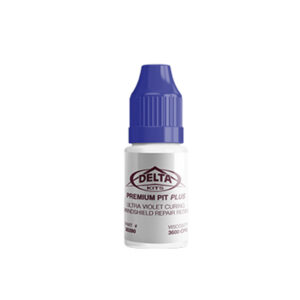
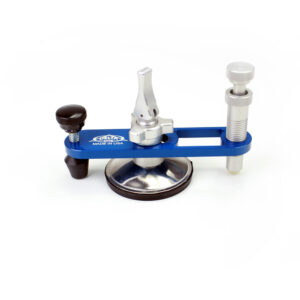
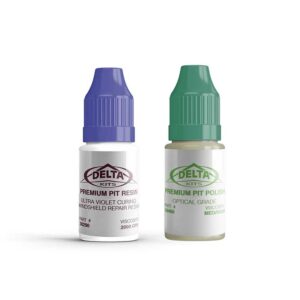
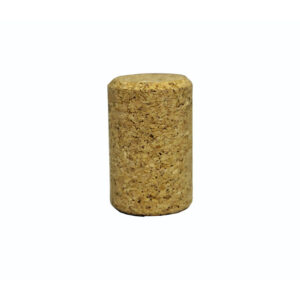
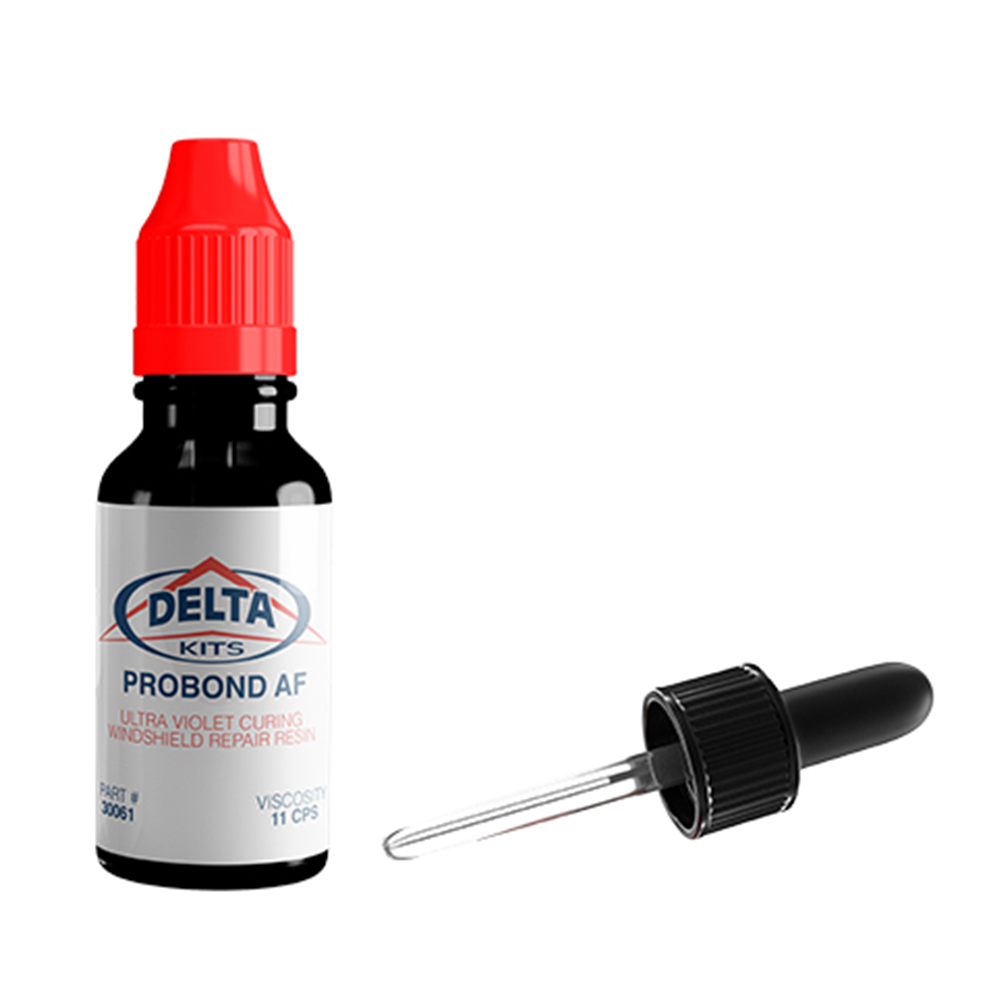
$34.50 – $478.00
1090 Bailey Hill Rd, Ste A
Eugene, OR 97402
sales@deltakits.com
Reviews
There are no reviews yet.